Introduction to Dontfundme
The world of online fundraising has evolved rapidly in the past decade, with platforms like GoFundMe, Kickstarter, and Indiegogo leading the charge. However, a new term—Dontfundme—is beginning to surface in digital conversations. Unlike traditional crowdfunding initiatives, Dontfundme represents an alternative mindset that challenges the culture of constant fundraising requests. Instead of asking for donations, it emphasizes independence, self-sufficiency, and in some cases, a critique of how online giving has been commercialized.
This article takes an in-depth look at Dontfundme, its meaning, origins, and why it has become a growing digital movement.
What is Dontfundme?
At its core, Dontfundme is a response to the proliferation of crowdfunding campaigns. While crowdfunding has enabled millions of people to raise money for personal causes, medical expenses, creative projects, and emergencies, there is also growing fatigue among online communities. Dontfundme emerged as a way for individuals to say:
-
“I don’t want your money, I want to handle it myself.”
-
“Support me by following my work, not just by donating.”
-
“Fundraising shouldn’t always be the solution.”
In essence, Dontfundme is less about money and more about philosophy. It’s a movement that emphasizes resilience, responsibility, and rejecting dependency on online donations as a default solution.
The Origins of Dontfundme
The concept of Dontfundme first appeared on forums, social media groups, and independent blogs around the early 2020s. It started as a satirical response to the overwhelming number of GoFundMe links being shared daily. People noticed that online giving, while powerful, often blurred the lines between genuine need and opportunistic fundraising.
As conversations grew, Dontfundme turned into both a slogan and a digital identity. Creators, entrepreneurs, and even everyday individuals began adopting it to showcase their stance against unnecessary fundraising. Instead of asking for money, they promoted their skills, products, or services.
Why Dontfundme is Gaining Popularity
Several factors contribute to the rise of Dontfundme:
1. Crowdfunding Fatigue
With millions of campaigns online, many donors feel overwhelmed. Not every fundraiser can be supported, leading to skepticism and burnout. Dontfundme appeals to this fatigue by offering an alternative—showing strength without asking for donations.
2. Empowerment and Self-Sufficiency
For many, Dontfundme represents empowerment. It signals confidence in one’s ability to create income, solve problems, and move forward without depending on the generosity of strangers.
3. Cultural Shift in Digital Identity
People are increasingly curating their online identities. While some want to be seen as community-supported, others want to stand out as independent. Dontfundme reflects a cultural shift toward digital self-reliance.
4. Critique of Online Giving Platforms
Some advocates of Dontfundme criticize large crowdfunding platforms for taking significant fees, controlling campaign visibility, and benefiting financially from people’s struggles. Dontfundme challenges this commercialized model.
The Philosophy Behind Dontfundme
At a deeper level, Dontfundme is not just about refusing donations; it’s about redefining value. Support doesn’t always have to be monetary. It can come in the form of:
-
Sharing someone’s work.
-
Providing mentorship or advice.
-
Offering collaboration opportunities.
-
Giving encouragement without financial exchange.
This philosophy resonates with people who believe in community support beyond money. It creates an environment where help is measured in actions, not dollars.
Dontfundme vs. Crowdfunding Platforms
| Aspect | Crowdfunding (GoFundMe, Kickstarter, etc.) | Dontfundme |
|---|---|---|
| Purpose | Raise money for causes/projects | Reject donations, promote self-reliance |
| Identity | Campaign creator seeks backers | Individual promotes independence |
| Community Role | Donors provide financial support | Supporters give non-monetary encouragement |
| Philosophy | Dependence on collective giving | Emphasis on self-sustainability |
Real-Life Examples of Dontfundme
While still a growing idea, several creators and entrepreneurs have embraced Dontfundme:
-
Artists choosing to sell their work directly instead of asking for donations.
-
Entrepreneurs launching bootstrapped startups without crowdfunding.
-
Writers and digital creators offering free resources and asking only for shares or feedback instead of money.
These examples illustrate how Dontfundme is not anti-community—it’s simply a different model of interaction.
Criticism of Dontfundme
Like any movement, Dontfundme has its critics. Some argue that it oversimplifies the struggles of people who genuinely need financial help. Others believe it may stigmatize those who rely on crowdfunding for survival, such as individuals facing medical emergencies.
However, advocates argue that Dontfundme does not seek to replace traditional fundraising but to create balance. It’s not a rejection of compassion—it’s a call for sustainability and responsibility.
How Brands and Creators Use Dontfundme
Interestingly, Dontfundme has become a marketing tool. Brands use the term to emphasize their independence, while creators adopt it to differentiate themselves in a crowded digital space. By saying “Dontfundme,” they send a clear message: “I’m here to offer value, not to ask for money.”
This approach has proven effective in building trust and long-term loyalty. Audiences often admire self-sufficiency, which strengthens brand reputation.
The Future of Dontfundme
As digital culture evolves, Dontfundme is likely to grow as both a concept and a movement. It reflects changing attitudes toward money, online interaction, and community support. While crowdfunding will continue to thrive, Dontfundme will coexist as its counterpart—an option for those who choose independence over donation.
In the future, we may see:
-
Dedicated Dontfundme platforms promoting skill-sharing and collaboration.
-
More creators adopting the philosophy as part of their personal brand.
-
A cultural balance between fundraising and self-sufficiency in digital spaces.
Conclusion
Dontfundme is more than just a clever play on words—it’s a digital philosophy that challenges the norms of online fundraising. While it doesn’t seek to eliminate crowdfunding, it offers a refreshing alternative for individuals and creators who want to stand on their own. By emphasizing empowerment, independence, and non-monetary support, Dontfundme represents a shift in how we think about community and value in the digital age.
As online culture continues to evolve, Dont-fundme may become an even stronger voice in shaping the future of digital identity, proving that support is not always about money—it’s about resilience and connection.

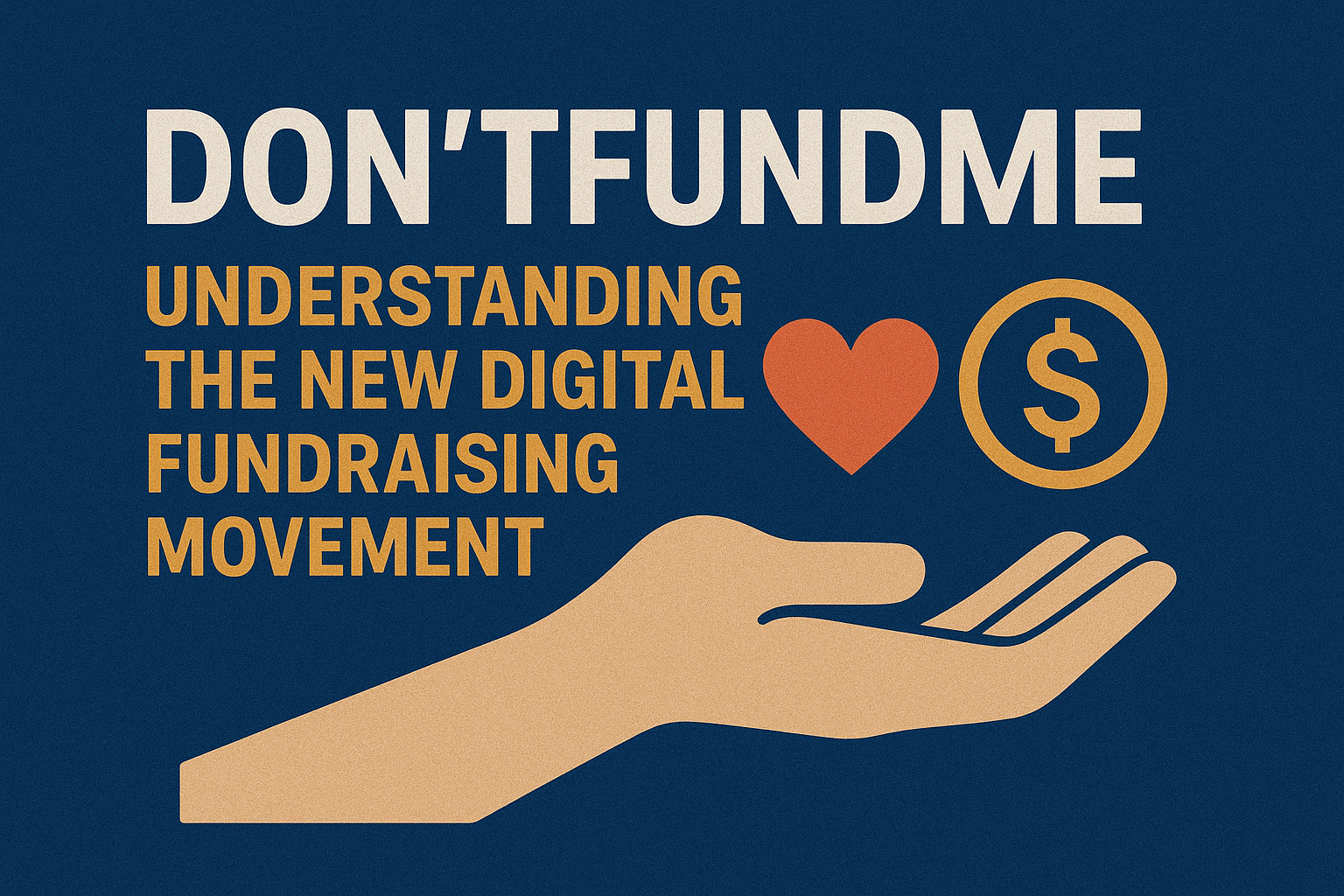
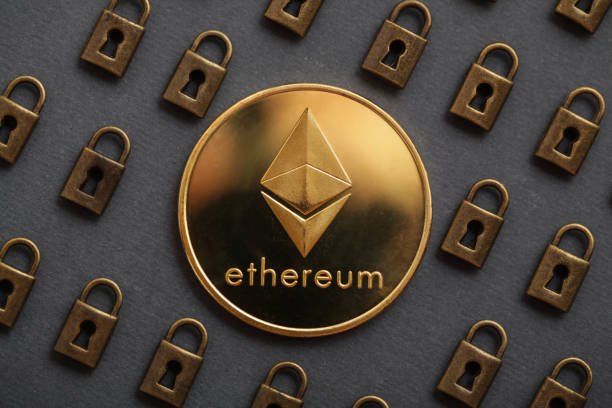





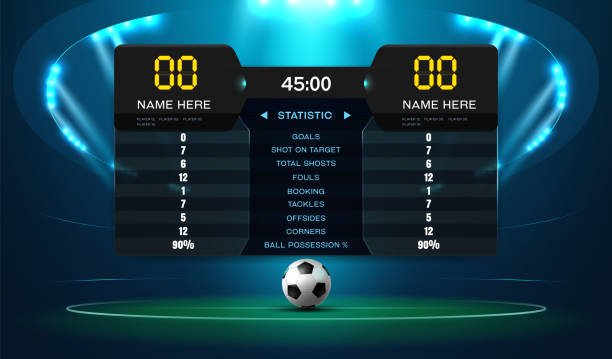




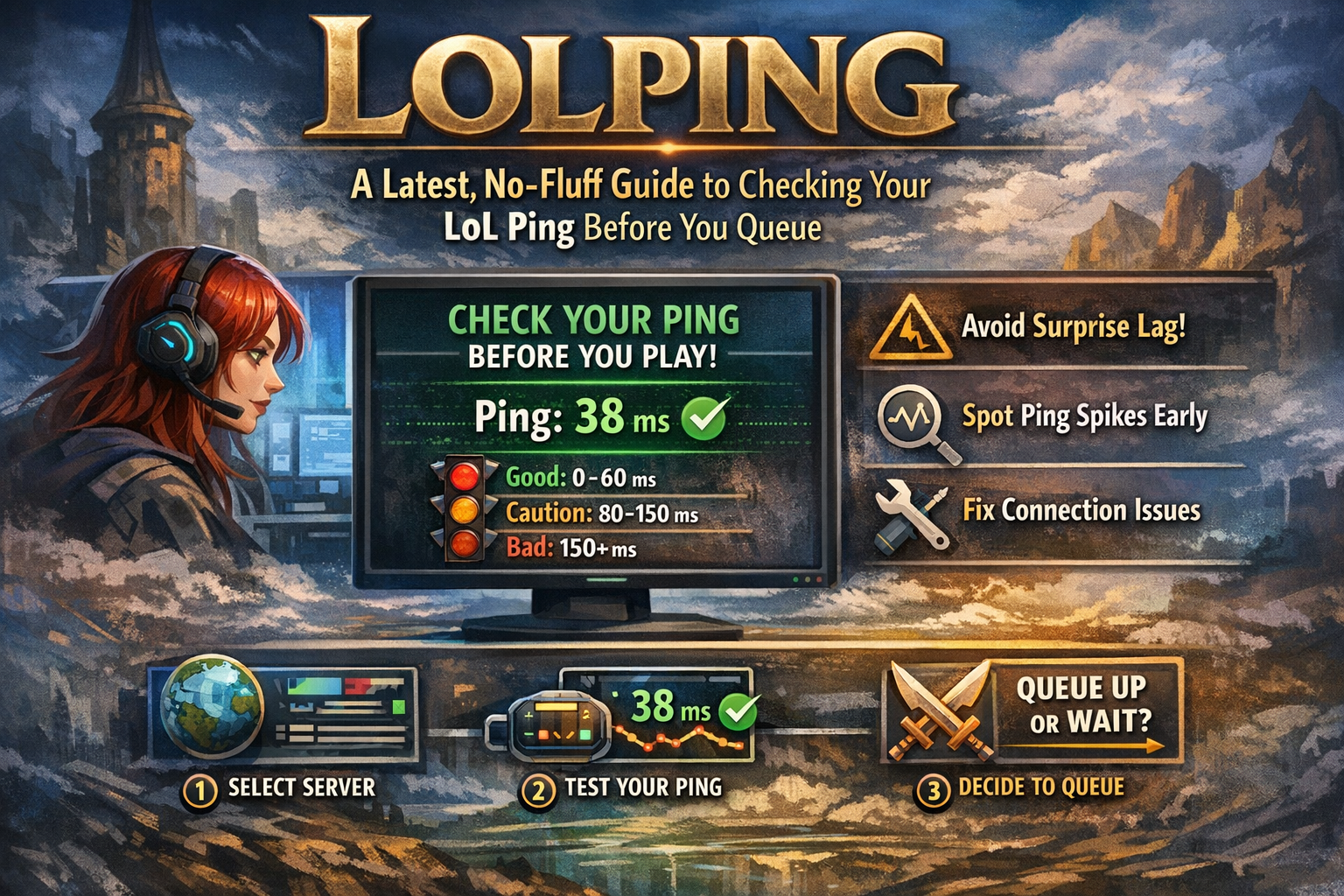

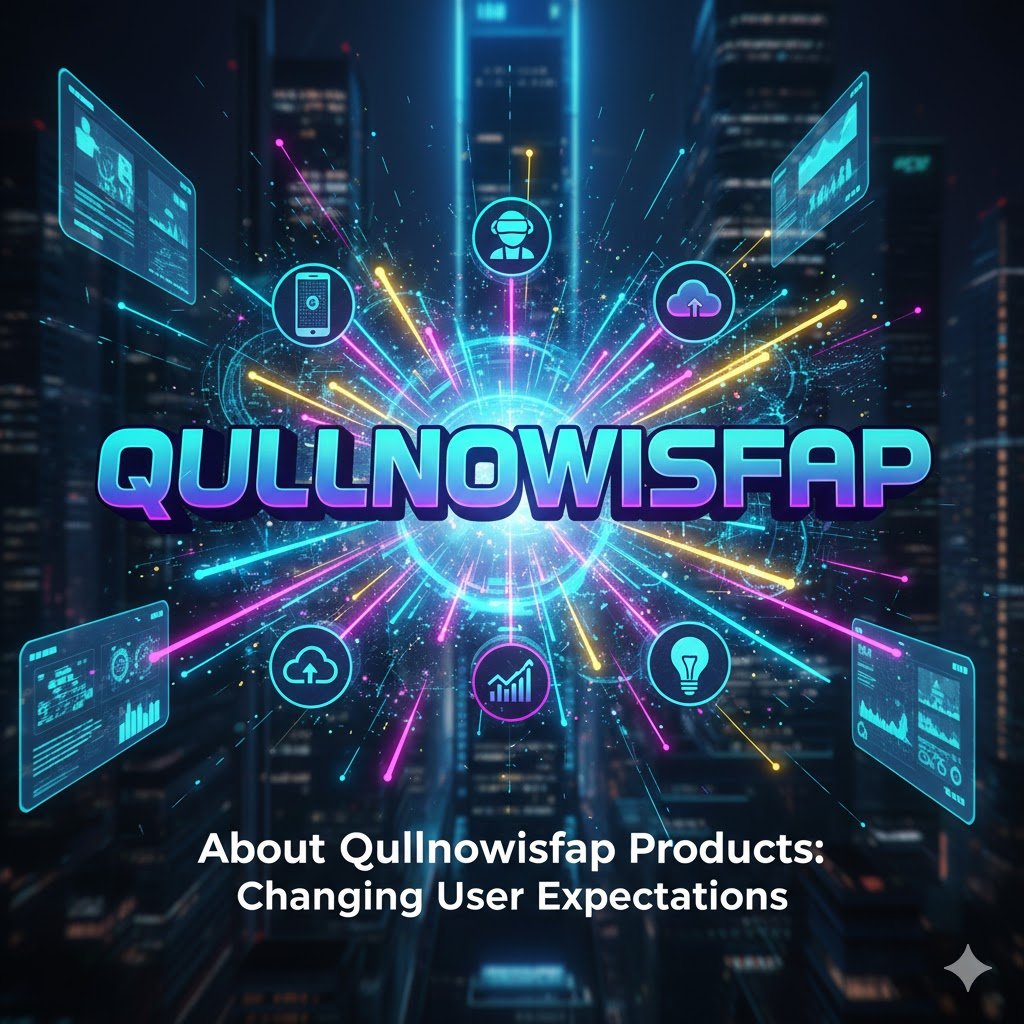
Leave a Reply